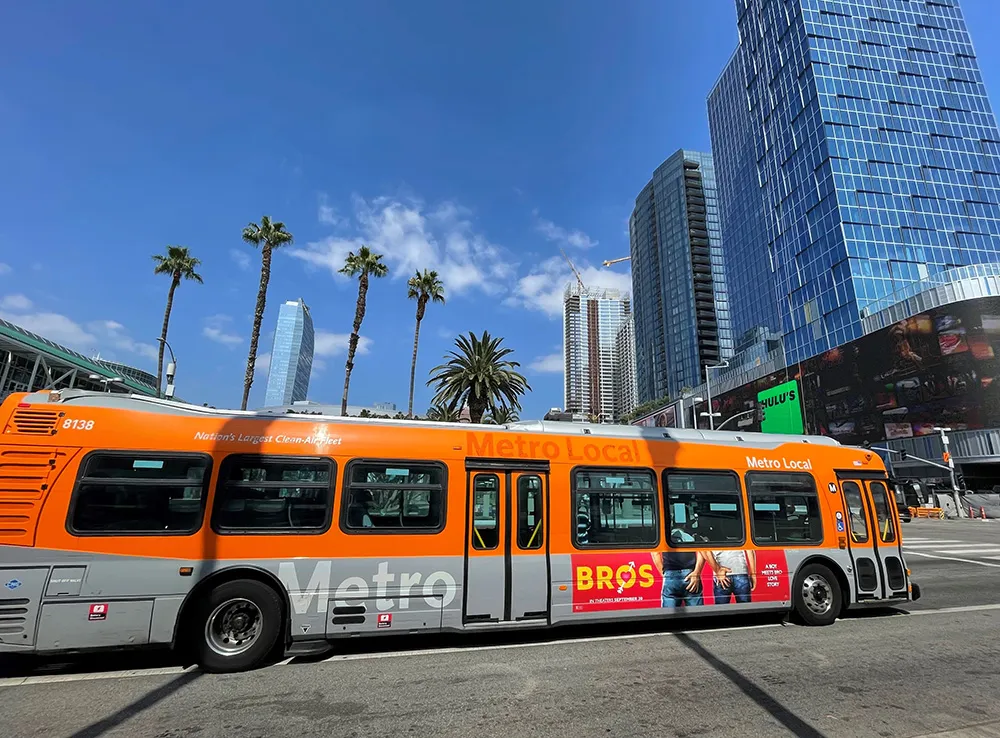The Bag and Bin it campaign recently launched by the UK’s Highway’s Agency runs until the end of April and aims to tackle the more than 7,500 tonnes of litter thrown on to the nation’s highways each year. The litter blighting England's motorways costs at least US£9 million a year to collect and could fill an Olympic-sized swimming pool four times over, according to the latest figures from the Highways Agency.
April 7, 2014
Read time: 2 mins
The Bag and Bin it campaign recently launched by the UK’s Highway’s Agency runs until the end of April and aims to tackle the more than 7,500 tonnes of litter thrown on to the nation’s highways each year.
The litter blighting England's motorways costs at least US£9 million a year to collect and could fill an Olympic-sized swimming pool four times over, according to the latest figures from the503 Highways Agency.
Litter thrown onto the nation’s highways can cause a safety hazard to other vehicles, while the task of clearing roadside rubbish puts workers at risk. It can also threaten wildlife and block drains which can lead to flooding. The Agency is now urging motorists to help tackle the problem by bagging and binning their rubbish.
In the past year roadside finds include a 6ft tall statue of an Olympic mascot, pieces of furniture, a rocking horse and even a sailing mast – all of which could have caused serious accidents.
Roads minister Robert Goodwill said: “The Highways Agency spends at least US$9 million a year collecting more than 150,000 sacks of litter from England’s motorways. It costs around US$66 to collect each bag of rubbish from a motorway, roughly what it costs the Agency to fix a pothole. With the ‘Bag it Bin It’ campaign we want to encourage more people to keep a bag in their car, bag their rubbish themselves and dispose of it safely."
The litter blighting England's motorways costs at least US£9 million a year to collect and could fill an Olympic-sized swimming pool four times over, according to the latest figures from the
Litter thrown onto the nation’s highways can cause a safety hazard to other vehicles, while the task of clearing roadside rubbish puts workers at risk. It can also threaten wildlife and block drains which can lead to flooding. The Agency is now urging motorists to help tackle the problem by bagging and binning their rubbish.
In the past year roadside finds include a 6ft tall statue of an Olympic mascot, pieces of furniture, a rocking horse and even a sailing mast – all of which could have caused serious accidents.
Roads minister Robert Goodwill said: “The Highways Agency spends at least US$9 million a year collecting more than 150,000 sacks of litter from England’s motorways. It costs around US$66 to collect each bag of rubbish from a motorway, roughly what it costs the Agency to fix a pothole. With the ‘Bag it Bin It’ campaign we want to encourage more people to keep a bag in their car, bag their rubbish themselves and dispose of it safely."










